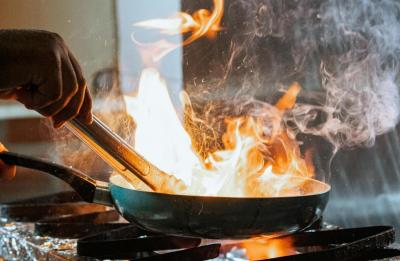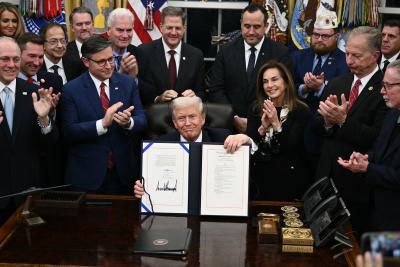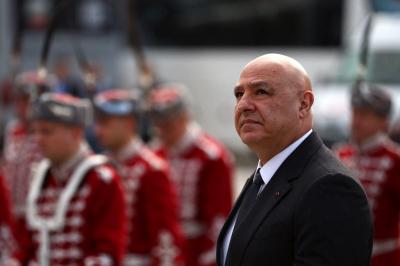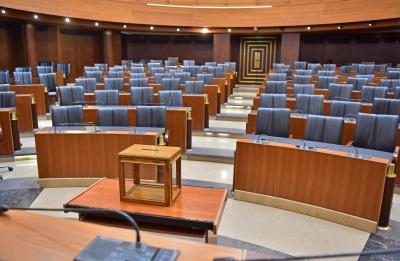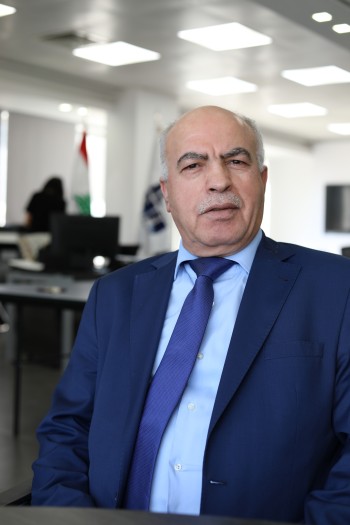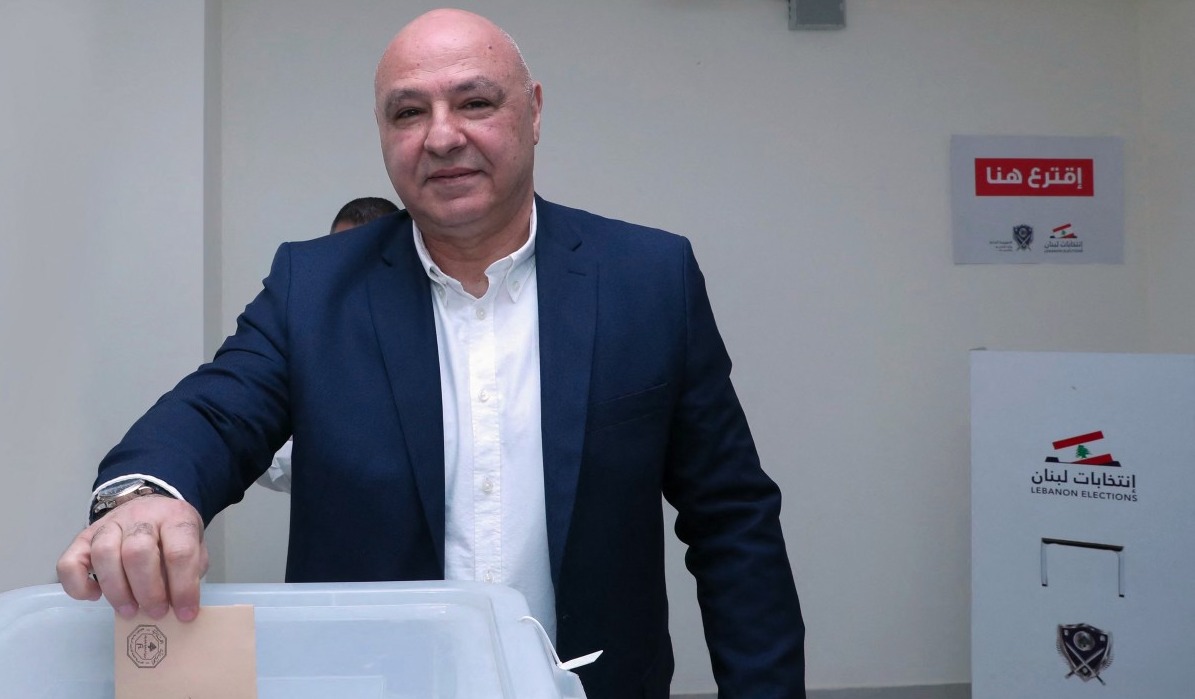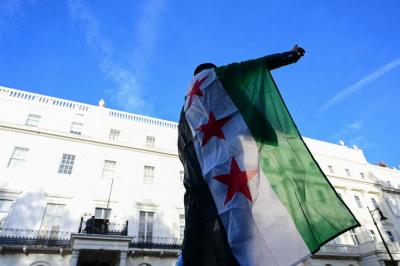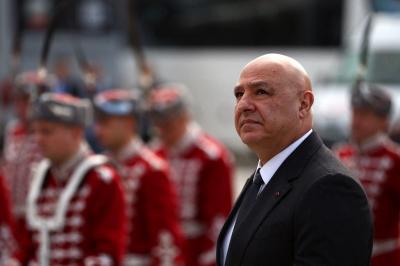With the battles of municipal and local elections now behind, the stage is set for a broader and more critical confrontation: Lebanon’s parliamentary elections, scheduled for May next year. The municipal results have set the tone for what’s expected to be an all-out contest for control over the next government, as rival political camps aim to secure a decisive parliamentary majority.
Over four rounds spanning the country’s governorates, political factions competed fiercely in the local elections—not only to assert their representational strength but also to gauge the shifting mood of their constituencies. These elections served as a provisional test of how the Lebanese public has reacted to developments both at home and across the region since 2022. These include the ongoing Israeli war on Lebanon, the devastating assault on Gaza, the collapse of Syria’s former regime and the emergence of a new authority, as well as the resumption of U.S.-Iran negotiations and speculation over a potential breakthrough.
Political analysts agree that the 2026 parliamentary elections will be a turning point for Lebanon’s political future. The municipal outcomes have laid new groundwork, revealing emerging dynamics that each camp will now interpret to redefine its size, weight, and role within the next government.
According to forecasts, the parliamentary elections are expected to produce some “strange and surprising” alliances, particularly if the current electoral law remains unchanged. A striking precedent was seen in Beirut’s municipal race, where ideological opposites from the far right to the far left united behind the “Beirut Btijma‘na” list, under the banner of preserving Christian-Muslim parity in the Beirut municipal council. This echoes the days of the late Prime Minister Rafik Hariri, who famously adopted the slogan “stop the count” to defend this balance during his time in office.
In Lebanese political tradition, electoral alliances rarely translate into lasting political coalitions. Therefore, the Beirut example should not be read as a preview of parliamentary dynamics, where electoral interests typically override ideological loyalties. Still, any future alliance will inevitably reflect the prevailing political moment—whether domestic, regional, or international—given that most Lebanese factions operate within broader regional and international axes that continue to shape and be shaped by the Lebanese landscape.
The municipal results clarified one thing: the main forces to watch in the upcoming parliamentary race are the Lebanese Forces and their allies; the Amal Movement–Hezbollah duo and their allies; and the Free Patriotic Movement, which is expected to pursue an opportunistic strategy of “branch-hopping” to secure its interests—an approach also likely to be adopted by the Progressive Socialist Party. As for the Sunni street, it remains in limbo, pending a decision from the Future Movement on whether to re-engage politically or maintain its current state of suspension.
With campaigning already underway following the municipal vote, internal political tensions are expected to escalate, particularly around hot-button issues, which will be weaponized in the parliamentary showdown. This will be a highly political contest centered around control of the next government, shaped by both current and evolving political realities.
Just as the Lebanese Forces and their allies aim to secure a parliamentary majority, the Hezbollah-Amal duo and their allies will pursue the same goal. However, an added layer of competition will center on the speakership of Parliament. The Shiite duo is preparing to win all Shiite seats to prevent any rival group, even one with a parliamentary majority, from fielding a Shiite candidate to challenge their nominee. For the duo, securing all Shiite seats is more critical than even clinching a broader majority. Should they achieve both, it would be, as the saying goes, “oil poured over olive oil.”
On the other side, the opposition is relying on the current regional environment, notably the backing of the United States and its regional allies, who have shown clear support for the bloc that formed Lebanon’s latest government.
Meanwhile, the Shiite duo and its allies are betting on time. They are counting on a shift in regional and international conditions, particularly the potential success of the ongoing U.S.-Iran negotiations. Should a deal materialize, they believe it could boost their standing and secure their place in a balanced power-sharing government, especially if neither side wins a clear majority.
Please post your comments on:
[email protected]
 Politics
Politics

